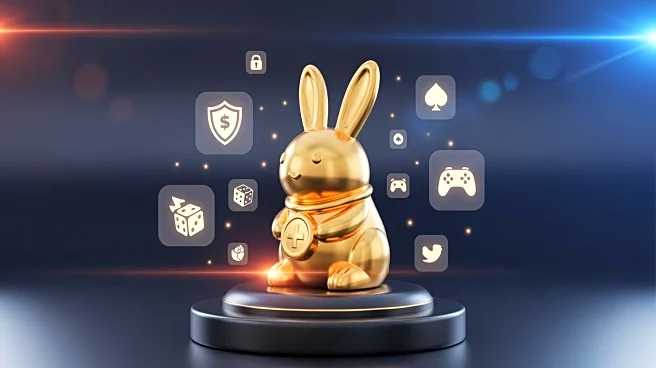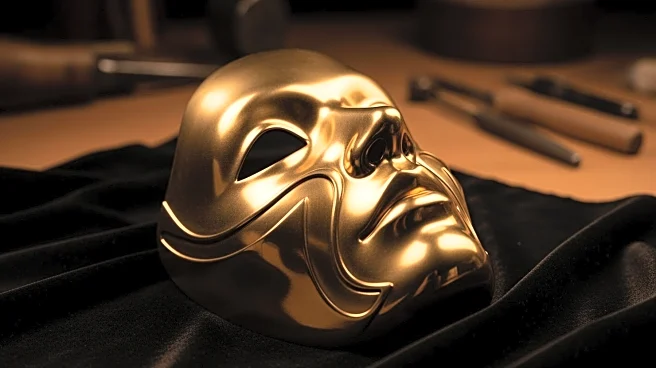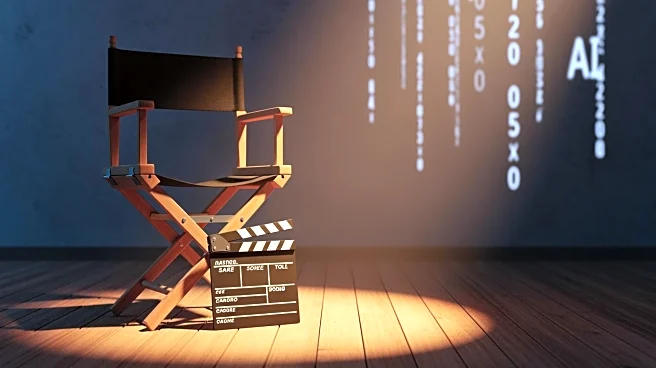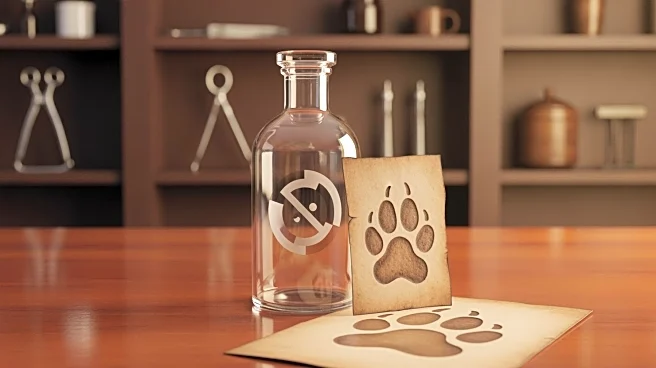What's Happening?
A new dating trend known as 'freak matching' is gaining popularity among Gen Z, focusing on connecting individuals based on quirky and unexpected shared traits rather than traditional compatibility factors.
This trend is characterized by bonding over peculiar interests such as novelty mugs or '90s pop culture obsessions. Dating coach Sabrina Zohar describes it as a rebellion against algorithm-driven dating, offering a more playful and authentic approach. The trend is particularly popular on social media platforms like TikTok, where users seek partners who share their unique quirks.
Why It's Important?
The rise of 'freak matching' reflects a shift in dating culture, emphasizing individuality and micro-compatibilities. While it offers a refreshing alternative to formulaic dating, experts caution against overvaluing these quirky connections. A study from Northwestern University suggests that shared interests have limited predictive power for relationship success, highlighting the importance of communication and emotional safety. As Gen Z navigates a saturated dating landscape, 'freak matching' provides a means to stand out, but it may not guarantee long-term compatibility.
What's Next?
As 'freak matching' continues to gain traction, dating platforms may adapt to accommodate this trend, potentially offering features that highlight unique interests. However, individuals are advised to balance quirky compatibility with deeper relationship factors. The trend may also influence broader cultural perceptions of dating, encouraging a more personalized approach to finding partners. As Gen Z continues to explore this trend, the dating industry may see shifts in how compatibility is defined and pursued.
Beyond the Headlines
The trend raises questions about the role of individuality in relationships and the potential for superficial connections. It challenges traditional notions of compatibility, suggesting that shared quirks can foster intimacy. However, it also underscores the need for a holistic understanding of relationship dynamics, where deeper emotional and communicative factors play a crucial role. As society becomes more accepting of diverse relationship models, 'freak matching' may contribute to a broader cultural shift towards valuing uniqueness in partnerships.










